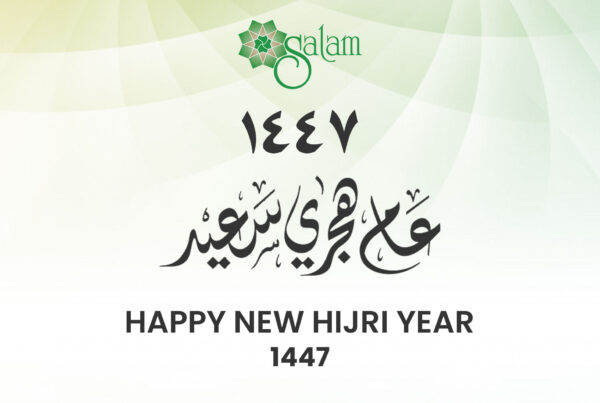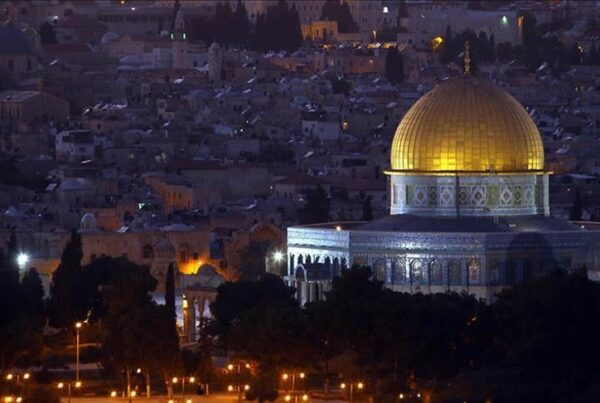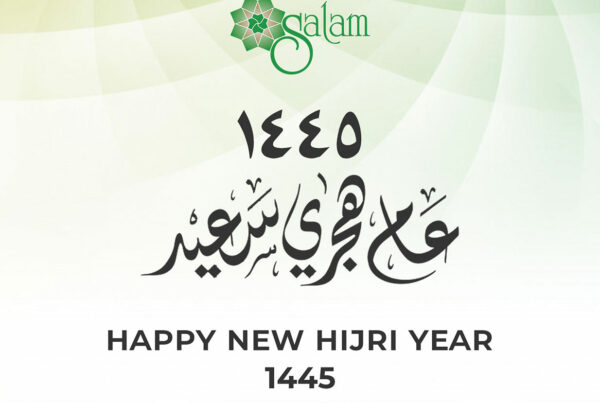The Holiness of the Ten Days of Dhul Hijja: A Journey of Spirituality and Humanity
Millions of Muslims around the globe eagerly await the arrival of Dhul Hijja. As the twelfth and final month in the Islamic lunar calendar, it holds immense significance. These ten days are not just about starting the annual Islamic pilgrimage, Hajj, but are the most sacred in the Islamic calendar due to their profound spiritual impact.
Dhul Hijja has a special place in the hearts of Muslims. In the Holy Quran, Allah refers to these ten days in Surah Al-Fajr. He says, “By the dawn and by the ten nights.” Here, ‘the ten nights’ mean the first ten days of Dhul Hijja.
1. The Virtues of the Ten Days
The first ten days of Dhul Hijja stand out in their importance. Prophet Muhammadﷺ said: “There are no days on which righteous deeds are more beloved to Allah than these ten days” ~ Bukhari. Muslims around the world use this time to pray more, fast, donate to charity, and seek repentance. They believe that Allah multiplies the rewards of virtuous deeds performed during these days.
It has been confirmed in Sahih Al-Bukhari from Ibn ‘Abbas that the Prophet ﷺ said,
مَا مِنْ أَيَّامٍ الْعَمَلُ الصَّالِحُ أَحَبُّ إِلَى اللهِ فِيهِنَّ مِنْ هٰذِهِ الْأَيَّامِ
(There are no days in which righteous deeds are more beloved to Allah than these days.)
meaning the ten days of Dhul-Hijjah. They said, “Not even fighting Jihad in the way of Allah” He replied,
وَلَا الْجِهَادُ فِي سَبِيلِ اللهِ، إِلَّا رَجُلًا خَرَجَ بِنَفْسِهِ وَمَالِهِ ثُمَّ لَمْ يَرْجِعْ مِنْ ذلِكَ بِشَيْءٍ
(Not even Jihad in the way of Allah; except for a man who goes out (for Jihad) with his self and his wealth, and he does not return with any of that.)
2. The Day of Arafah
The ninth day of Dhul Hijja is the Day of Arafah, commemorating the day when Prophet Muhammad delivered his last sermon. Those performing Hajj spend the day in the plain of Arafah, praying and seeking Allah’s forgiveness.
For those not performing Hajj, fasting on this day is recommended sunnah, and earns great reward – the forgiveness of our sins, not only in the year just gone, but in the year to come.
No deeds are better or more beloved to Allah (swt) than the deeds on the day of Arafah.
3. Eid Al-Adha
On the tenth day of Dhul Hijja, Muslims celebrate Eid-ul-Adha or the “Festival of Sacrifice.” This festival remembers Prophet Ibrahim’s (Abraham’s) willingness to sacrifice his son out of obedience to God. To mark this day, Muslims sacrifice an animal (Qurbani). The sacrificed animal symbolizes Prophet Ibrahim’s sacrifice. The meat is then divided into three parts: one for the family, one for friends and relatives, and one for the poor, promoting a sense of community and care.
4. The Rites of Hajj
The last three days of the ten days of Dhul Hijja are reserved for Hajj, the fifth pillar of Islam. Millions of Muslims from all corners of the world gather in Mecca to perform the rituals, including Tawaf (circumambulation around the Kaaba), Sa’i (walking between the hills of Safa and Marwah), and the symbolic stoning of the devil in Mina. The Hajj serves as a profound spiritual journey, promoting unity, equality, and submission to the will of Allah.
5. The Universal Lessons of Dhul Hijja
These ten days teach more than personal spiritual growth. They also help to build a global community connected by shared faith and compassion. The act of Qurbani feeds the poor and shares blessings with others. This act embodies the teachings of Islam about caring for those in need.
The lessons of Dhul Hijja extend beyond religious practices. They remind us of faith’s power, unity’s strength, the beauty of sharing, and compassion’s importance. The ten days of Dhul Hijja serve as a time of reflection, prayer, and community bonding for Muslims worldwide.
They offer a chance to recalibrate our spiritual compass, reconnect with our faith, and reinforce our bonds with the Muslim community. These holy days remind us to embody these values, reach out with kindness, and strive for spiritual growth, transcending geographic or cultural boundaries.





